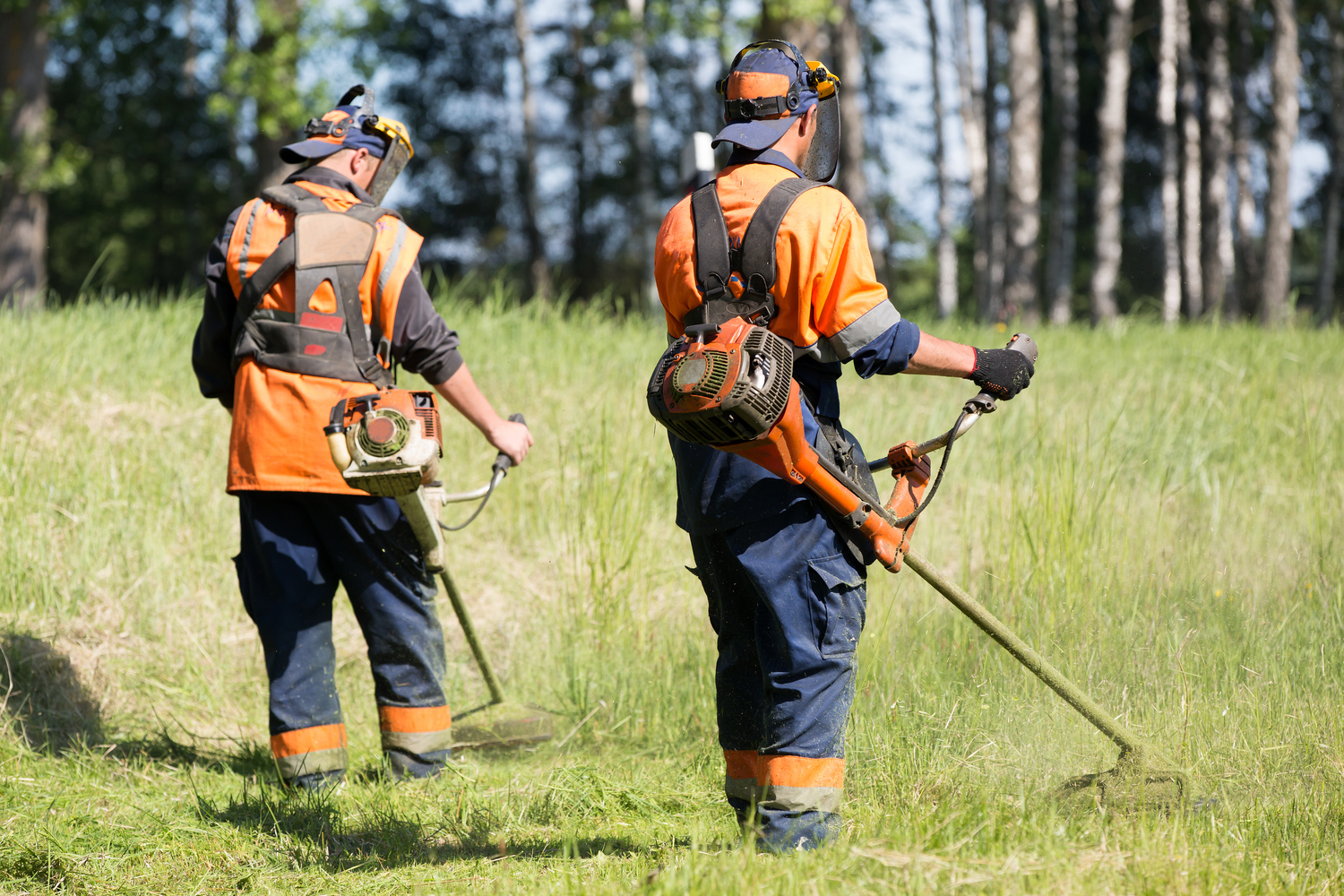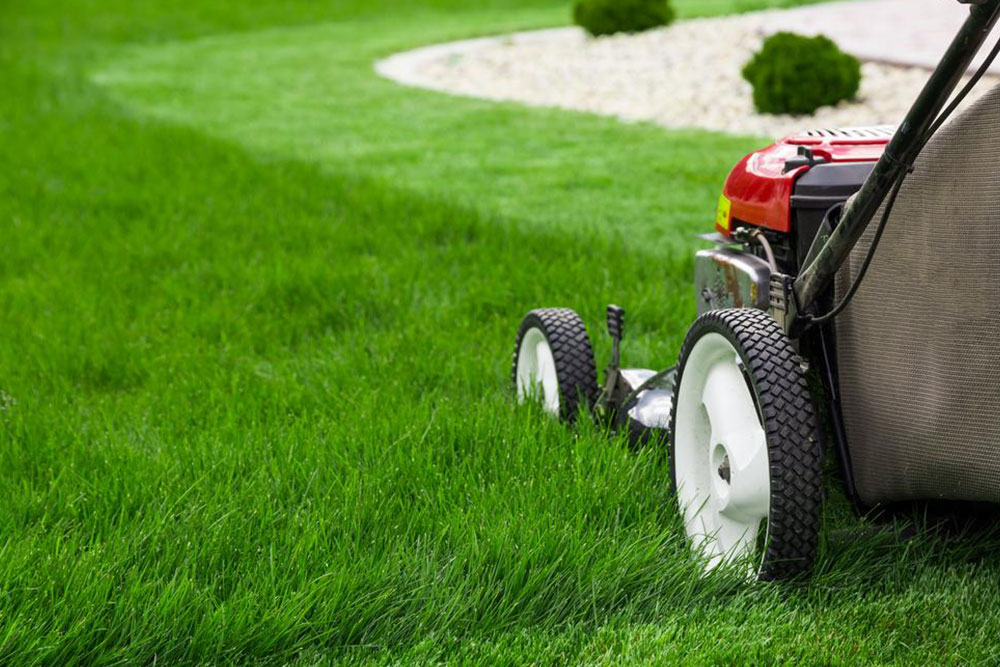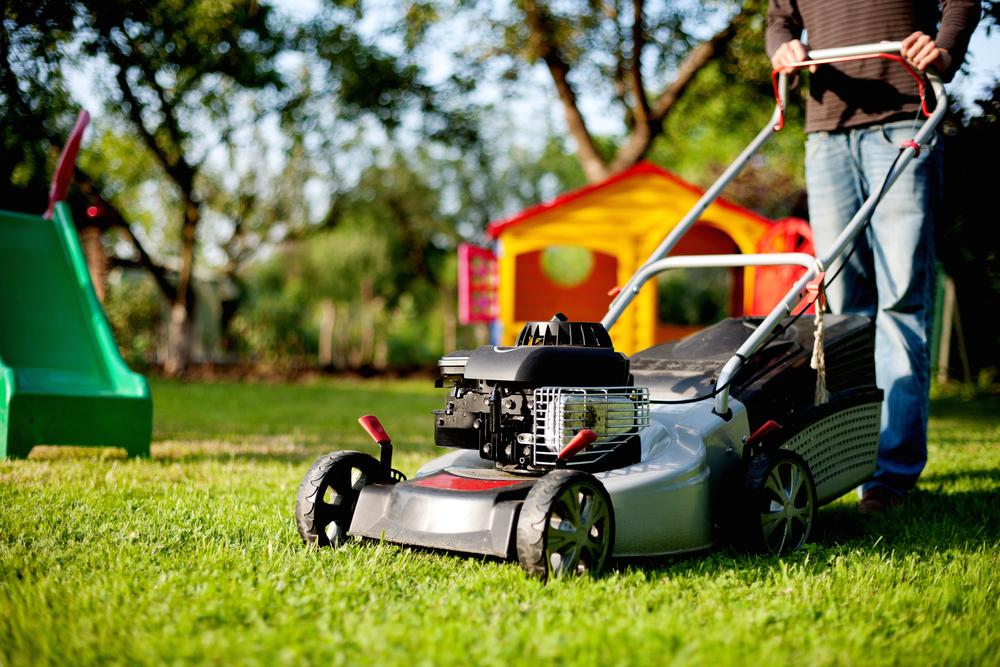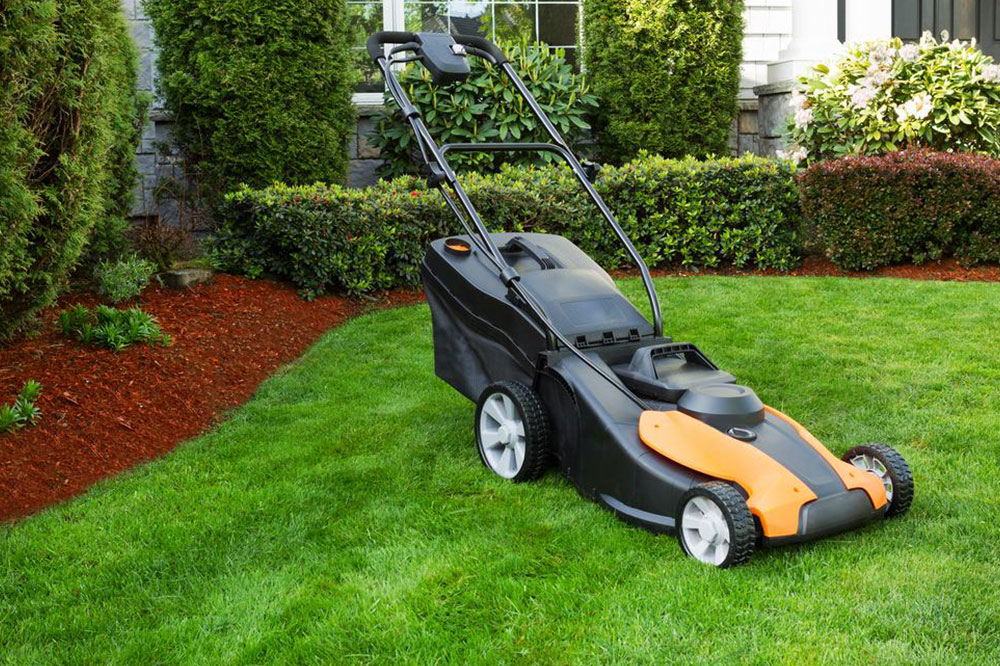Choosing Between Electric and Gas Lawn Trimmers: Which is Right for You?
Learn the differences between electric and gas lawn trimmers to help you select the ideal tool for your gardening needs. This guide highlights the key advantages and disadvantages of each type, considering factors like power, mobility, noise, and environmental impact. Whether you're a casual gardener or a professional landscaper, understanding these options ensures you make an informed choice for efficient and eco-friendly lawn maintenance.
Sponsored

Electric vs. Gas Lawn Trimmers: Making the Best Choice
Maintaining your garden often requires regular trimming, and choosing the right tool is essential. Weed trimmers come in two primary types: electric and gas-powered. Understanding their key differences helps you select the best fit for your needs. Below, we explore the main advantages and drawbacks of each to guide your decision-making.
Electric Trimmers
Electric trimmers are budget-friendly and eco-conscious. They are lightweight, easy to operate, and produce minimal noise, making them ideal for small to medium gardens.
They are available in corded and cordless versions. However, corded models limit mobility, and battery life may restrict longer trimming sessions. A typical battery lasts 30 to 50 minutes, so having a spare battery is recommended for continuous work.
Advantages:
Eco-friendly with no harmful emissions
Battery options available
Lightweight and portable
Simple to start
Produces less noise
Disadvantages:
Limited range if corded
Short battery life
Requires recharge time
Less powerful than gas models
Gas Trimmers
Gas-powered trimmers are more powerful and capable of handling tougher yard tasks, including overgrown and tall weeds. Despite being noisier and less eco-friendly, they provide greater freedom of movement and endurance.
These devices are suitable for larger, more demanding gardens where a quick, thorough trim is needed. They tend to be bulkier and emit fumes, so environmental considerations are important.
Advantages:
Complete mobility without cords
Highly effective on dense and tall weeds
More powerful and faster for heavy-duty trimming
Suitable for extended use
Disadvantages:
Significant noise pollution
Environmental impact due to fumes
Heavier and bulkier to handle
When choosing a weed trimmer, assess your garden size, your budget, and environmental preferences to make the best decision.





